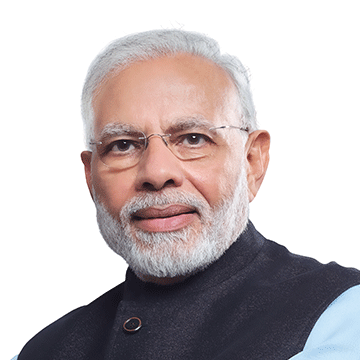Central Ministry dashes communiqué, conveys displeasure
State fails to achieve targets even after lapse of 3 years
Mohinder Verma
JAMMU, June 26: Large number of houseless people in Jammu and Kashmir have remained deprived of the benefit of major scheme of the Prime Minister Narendra Modi due to slackness on the part of Department of Rural Development and Panchayati Raj. Viewing the prevailing situation seriously, the Union Ministry has dashed a communiqué to the State and conveyed displeasure over dilly-dallying approach.
Official sources told EXCELSIOR that to address gaps in the rural housing programme and in view of the Government of India’s commitment to provide ‘Housing for All’ by 2022, the erstwhile scheme of Indira Awas Yojana (IAY) was restructured into Pradhan Mantri Awas Yojana-Gramin (PMAY-G) with effect from April 1, 2016.
The PMAY-G is aimed at providing pucca houses with basic amenities to all houseless households and those households living in kucha and dilapidated houses by 2022. The immediate objective was to cover 1 crore households living in kucha and dilapidated houses in three years from 2016-17 to 2018-19.
However, Jammu and Kashmir Government has failed to extend benefit of this scheme to large number of houseless people despite 90:10 funding pattern during the past three years and this has been viewed very seriously by the Union Ministry of Rural Development as slackness on the part of concerned authorities of the State would create hurdles in achieving the goal of Housing for All by 2022 by the Union Government, sources said.
“In the recent communiqué to the Department of Rural Development and Panchayati Raj, the Union Rural Development Ministry has laid stress on giving necessary impetus to the implementation of the scheme so that targeted population gets benefit of the Government of India’s funding”, they further said.
Now, after receiving severe criticism from the Union Government, the Secretary to Government, Department of Rural Development and Panchayati Raj Sheetal Nanda has issued a Circular No.13-RD&PR dated June 25, 2019, which read: “The progress under PMAY-G is dismissal as against the approved target of 38772 houses only 12034 houses were completed as on March 31, 2019 indicating a shortfall of 26738”.
“It has been observed that the State could not achieve the targets allocated under PMAY-G even after the lapse of three years, which has been viewed seriously by the authorities”, Sheetal Nanda said in the circular, adding “keeping in view the low performance under PMAY-G it is enjoyed upon all the concerned field functionaries to adopt the modus operandi while implementing the scheme in the State”.
As per the modus operandi, the first instalment of Rs 0.50 lakh shall be paid at the initial stage, Rs 0.40 lakh worth 2nd instalment before lintel stage, 3rd instalment of Rs 0.20 lakh after lentil stage and fourth instalment of Rs 0.20 lakh at the completion stage.
All the formalities like registration, geo-tagging, sanction and release of instalments for PMAY-G houses shall be completed within the specified time limit of two months—approximately week’s time in each step, the Secretary said in the circular, adding “in the cases where beneficiaries want to contribute money from their own resources for extension of their house size, the concerned Block Development Officer should ensure that the construction of PMAY-G house should be completed first and after that other extension part be made”.
“It is a matter of serious concern that casual approach of the officers has not even spared the houseless people and Governor’s administration should take to task those officials of the Rural Development Department who have become road-block in the extension of benefit of the major scheme of the Prime Minister to the targeted population instead of facilitating its implementation”, sources stressed.
They further said, “merely issuing circulars is not going to change the scenario as similar instructions were also issued in the past in respect of implementation of majority of the Centrally Sponsored Schemes in the rural development sector”.
It is pertinent to mention here that under PMAY-G beneficiaries are identified based on housing deprivation parameters as per Socio-Economic Caste Census-2011 data and not on the basis of Below Poverty Line.


